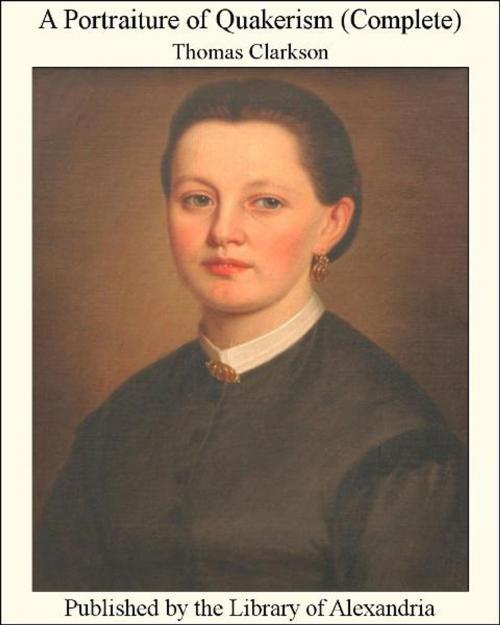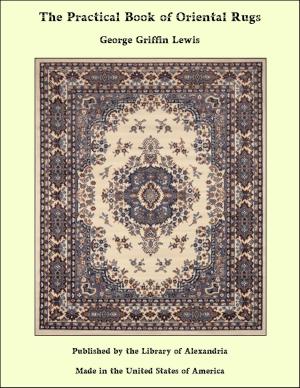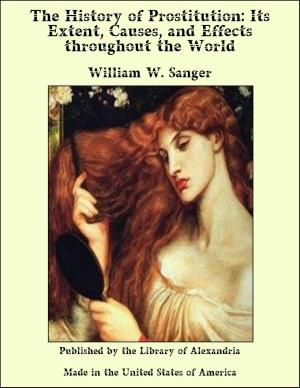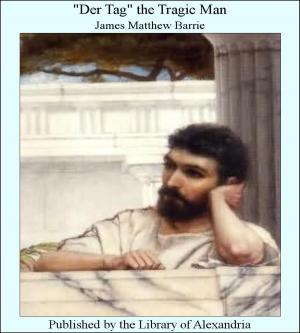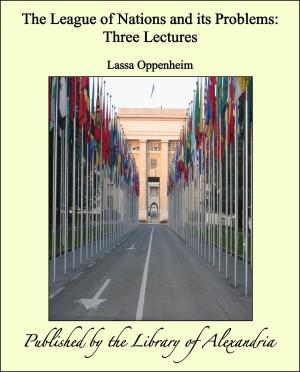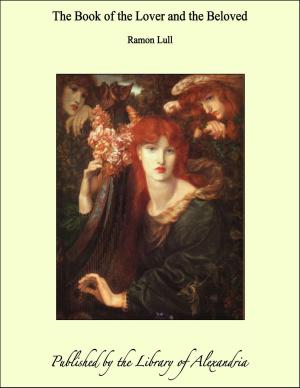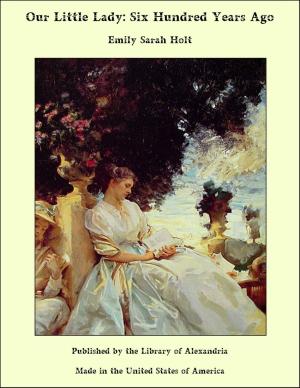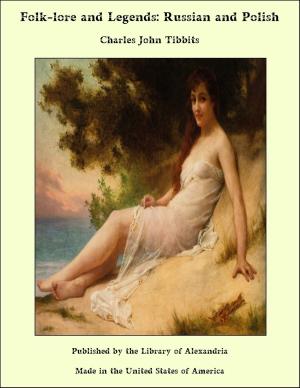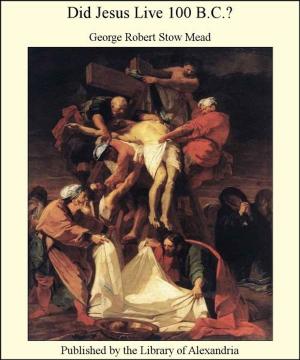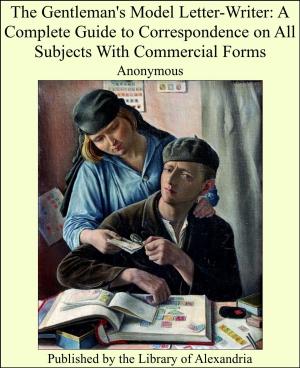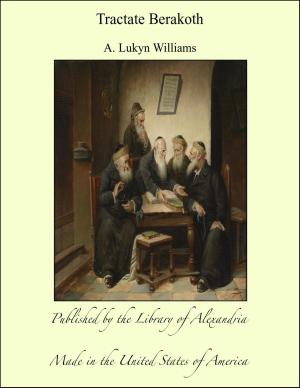A Portraiture of Quakerism (Complete)
Nonfiction, Religion & Spirituality, New Age, History, Fiction & Literature| Author: | Thomas Clarkson | ISBN: | 9781465520111 |
| Publisher: | Library of Alexandria | Publication: | March 8, 2015 |
| Imprint: | Language: | English |
| Author: | Thomas Clarkson |
| ISBN: | 9781465520111 |
| Publisher: | Library of Alexandria |
| Publication: | March 8, 2015 |
| Imprint: | |
| Language: | English |
From the year 1787, when I began to devote my labours to the abolition of the slave trade, I was thrown frequently into the company of the people, called Quakers, these people had been then long unanimous upon this subject. Indeed they had placed it among the articles of their religious discipline. Their houses were of course open to me in all parts of the kingdom. Hence I came to a knowledge of their living manners, which no Other person, who was not a Quaker, could have easily obtained. As soon as I became possessed of this knowledge, or at least of so much of it, as to feel that it was considerable, I conceived a desire of writing their moral history. I believed I should be able to exhibit to the rest of the world many excellent customs, of which they were ignorant, but which it might be useful to them to know. I believed too, that I should be affording to the Quakers themselves, some lessons of utility, by letting them see, as it were in a glass, the reflection of their own images. I felt also a great desire, amidst these considerations, to do them justice; for ignorance and prejudice had invented many expressions concerning them, to the detriment of their character, which their conduct never gave me reason to suppose, during all my intercourse with them, to be true.
From the year 1787, when I began to devote my labours to the abolition of the slave trade, I was thrown frequently into the company of the people, called Quakers, these people had been then long unanimous upon this subject. Indeed they had placed it among the articles of their religious discipline. Their houses were of course open to me in all parts of the kingdom. Hence I came to a knowledge of their living manners, which no Other person, who was not a Quaker, could have easily obtained. As soon as I became possessed of this knowledge, or at least of so much of it, as to feel that it was considerable, I conceived a desire of writing their moral history. I believed I should be able to exhibit to the rest of the world many excellent customs, of which they were ignorant, but which it might be useful to them to know. I believed too, that I should be affording to the Quakers themselves, some lessons of utility, by letting them see, as it were in a glass, the reflection of their own images. I felt also a great desire, amidst these considerations, to do them justice; for ignorance and prejudice had invented many expressions concerning them, to the detriment of their character, which their conduct never gave me reason to suppose, during all my intercourse with them, to be true.
